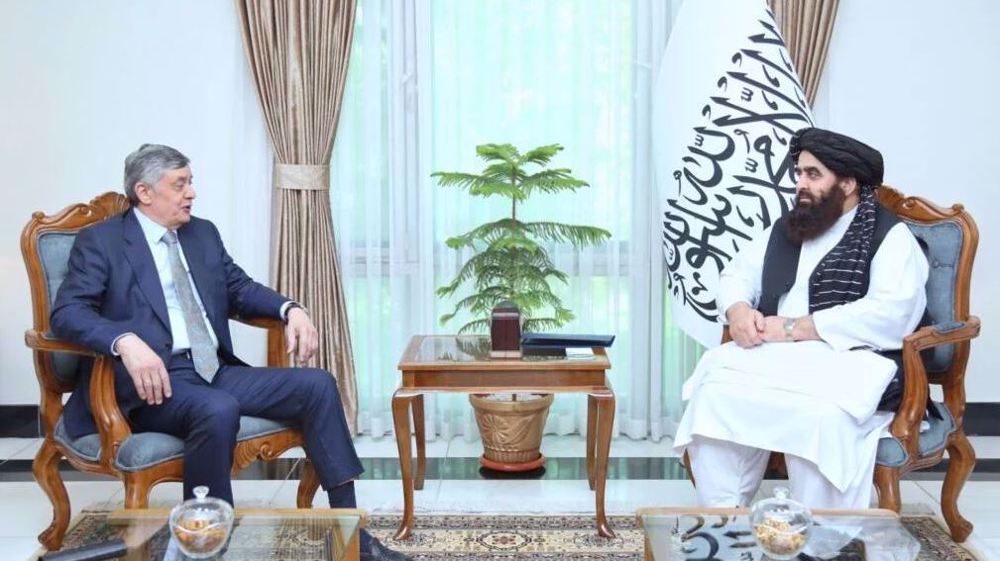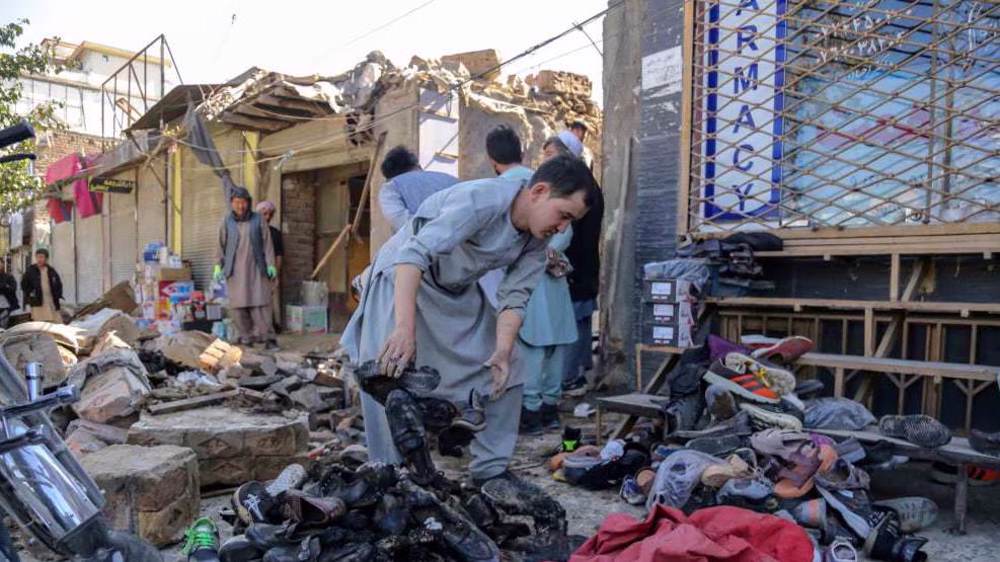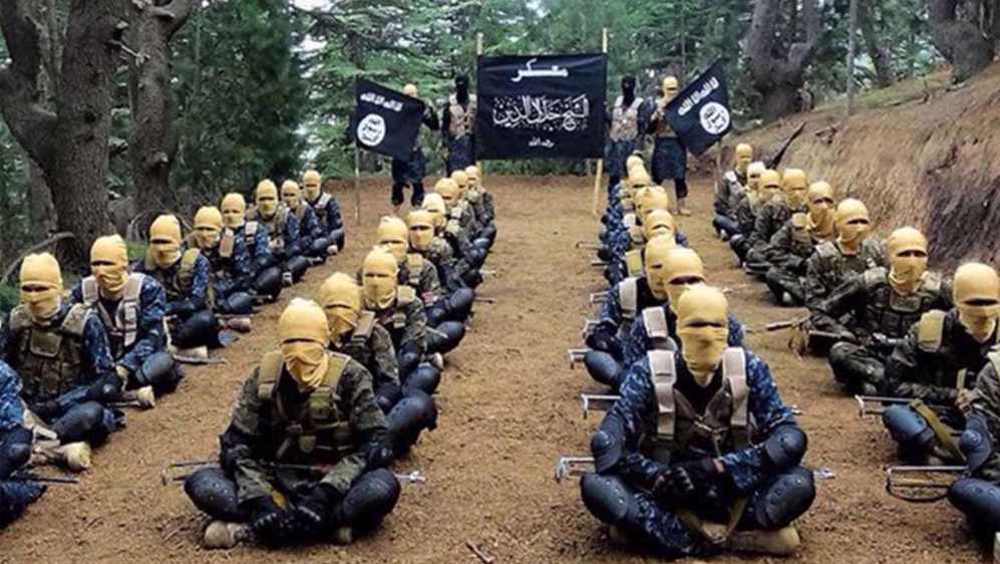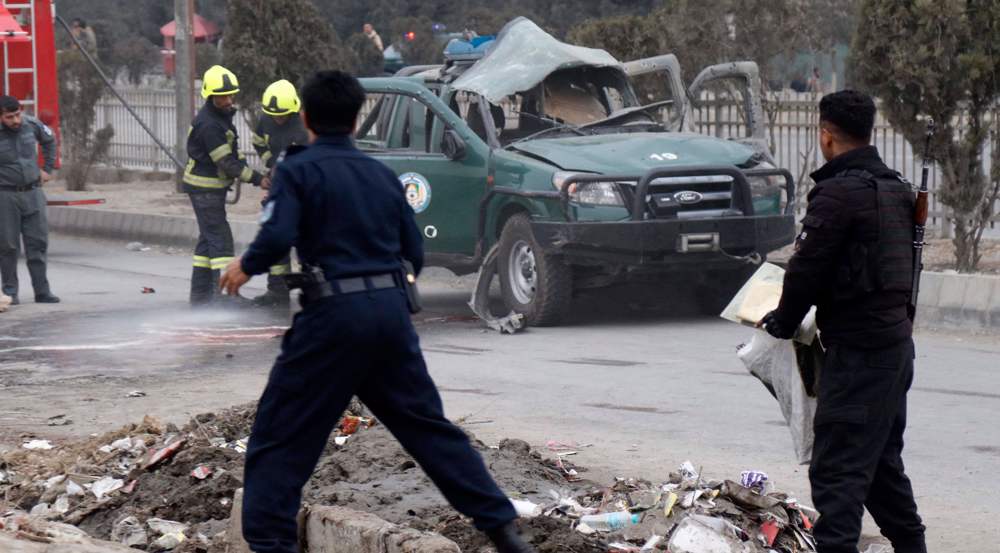UN concerned at surge in civilian casualties as Taliban, govt. resume peace talks in Doha
The United Nations (UN) says civilian casualties in Afghanistan have seen a sharp rise since US-brokered intra-Afghan peace talks began last year.
Civilian casualties numbered at 8,820 last year, said the UN mission to Afghanistan (UNAMA) in an annual report on Tuesday.
That was 15% lower than the previous year, but the report found a sharp uptick and historically high civilian casualties in the final three months of 2020, when the peace talks began.
Casualties for the fourth quarter were up 45% compared with the same period in 2019, said the report.
The majority of the casualties were attributed to non-government actors, predominately the Taliban, and more than one-fifth were ascribed to government forces.
Last year “could have been the year of peace in Afghanistan. Instead, thousands of Afghan civilians perished,” said Deborah Lyons, the head of UNAMA.
“Parties refusing to consider a ceasefire must recognize the devastating consequences,” she said.
Later in the day, the Taliban responded to her remarks by saying that “the concerns, precise information, and accurate details that were shared by us have not been taken into account.”
After a month-long break over the new year period, the Kabul government and the Taliban announced that their chief negotiators had returned to peace talks in the Qatari capital, Doha, on Monday.
Taliban spokesman Mohammad Naeem said that the meeting was focused on the continuation of the talks.
The meeting was held a day after the head of the Afghan High Council for National Reconciliation, Abdullah Abdullah, called on the Taliban to return to the negotiating table and resume talks.
Abdullah had also held talks with US Secretary of State Antony Blinken on Sunday about the negotiations.
“Ceasefire is the main demand of Afghans and the continuation of violence is taking lives of people every day,” Abdullah said.
Blinken “expressed America’s resolve to support a just and durable political settlement and permanent and comprehensive ceasefire in Afghanistan,” the US State Department said in a statement.
While the Taliban demand a power-sharing deal with Kabul, President Ashraf Ghani said earlier this week that he will not allow “an interim government while I am alive.”
Meanwhile, sources close to the Taliban said that the group’s distance from the peace talks was in part due to uncertainty over the withdrawal of US forces from Afghanistan.
The US, under former President Donald Trump, reached an agreement with the Taliban in Doha last February, under which the US and its NATO allies are expected to withdraw all troops in 14 months.
The administration of President Joe Biden, however, has said it would not commit to a full withdrawal of American troops from Afghanistan by May.
NATO has also said it will not pull its forces out of Afghanistan “before the time is right.”
It alleged that “conditions have not been met” by the Taliban.
The Taliban have warned previously that the longer the US forces remain in Afghanistan, the more troops will be killed.
“Violence has increased because the Taliban thinks that the Biden administration is distancing itself from discussions on peace,” said Faiz Mohammad Zaland, a university lecturer.
The US overthrew a Taliban regime shortly after the 2001 invasion of Afghanistan. But occupation forces have remained bogged down there ever since and violence continues to take a heavy toll in the country.
Russian court orders Google to pay staggering fine of $20 decillion
Yemeni forces carried out five operations in Haifa, targeting six ships, in one year: Report
Israeli war machine fails to penetrate Lebanon despite barbaric bombardment: Houthi
VIDEO | Is West's dominance over?
VIDEO | Five Syrians killed in Israeli airstrikes on al-Qusayr near Homs
VIDEO | South African resistance leaders reflect on ways to overcome Israeli aggression
VIDEO | Press TV's news headlines
VIDEO | Netanyahu pressured on a ceasefire















 This makes it easy to access the Press TV website
This makes it easy to access the Press TV website